Santo Papa, Salamat Po: A Filipino Tribute to Pope Francis
The Philippines joins the world in mourning a pope who felt like one of their own.
The news of Pope Francis’ passing yesterday sent shockwaves across the world. For Filipinos, it might have struck deeper, touching different kinds of chords — ones that resonate with faith, family, and a sense of spiritual kinship.
The Philippines may be thousands of miles away from the Vatican but to many Filipinos, Pope Francis was closer to them than the distance could ever measure. He was their spiritual father but to countless others, he felt like a loving lolo (grandfather) — warm, wise, and full of quiet strength.
He wasn’t viewed as a distant religious leader but was a personification of kindness in action, of humility with power, of love without judgment. In a country where 80% identify as Catholic, the Pope’s compassion spoke directly to the soul of the nation.
We still remember the rain
Who can forget his visit in 2015? Pope Francis’ visit to the Philippines that year was one for the ages. Millions lined the streets of Manila just to catch a fleeting glimpse of him. People brought their children, their rosaries, their aspirations. But it was his stop in Tacloban City, Leyte, that touched something deep in the Filipino soul.
It was raining. Hard. The kind of rain we Filipinos know all too well. And yet, Pope Francis was there. Wearing a poncho, unwavering in the rain, delivering a homily from the heart. He spoke about grief, resilience, faith.
Still reeling from the devastation of 2013’s Typhoon Yolanda, the city of Tacloban and the island of Leyte received not just a visit, but a moment of healing that provided a steady courage, a sense of comfort, and something powerful to hang on to: hope.
“So many of you have lost everything. I don’t know what to say to you. But the Lord does know what to say to you”. – Pope Francis saying in Spanish during the mass in Tacloban City, January 17, 2015
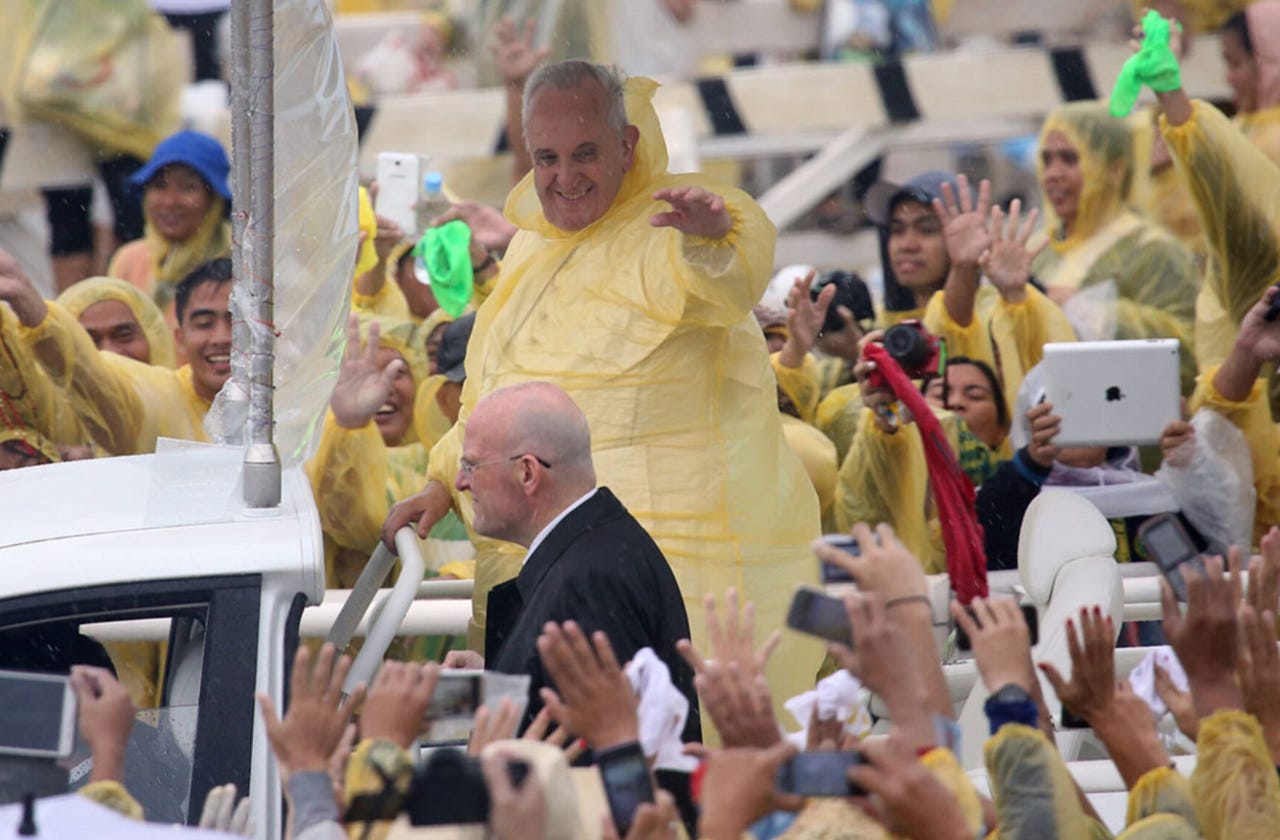
He spoke our language, even without the words
Pope Francis may not have spoken the Filipino language but he understood and embodied the values that have always permeated communities: malasakit, pakikiramay, bayanihan, and pagmamahal sa kapwa.
Malasakit is that almost instinctive urge to help, that deep longing to care, to extend yourself for someone else’s welfare. It’s more than just empathy. Pope Francis reflected this in his ceaseless reminder to help the poor, the marginalized, the forgotten. The very people who often make up a good portion of the country.
Pakikiramay, our way of showing sympathy and sharing in someone’s sorrow, was witnessed when Pope Francis hugged some of the Yolanda survivors, when he commiserated with families who had lost everything. He didn’t need long speeches. His presence alone was more than enough.
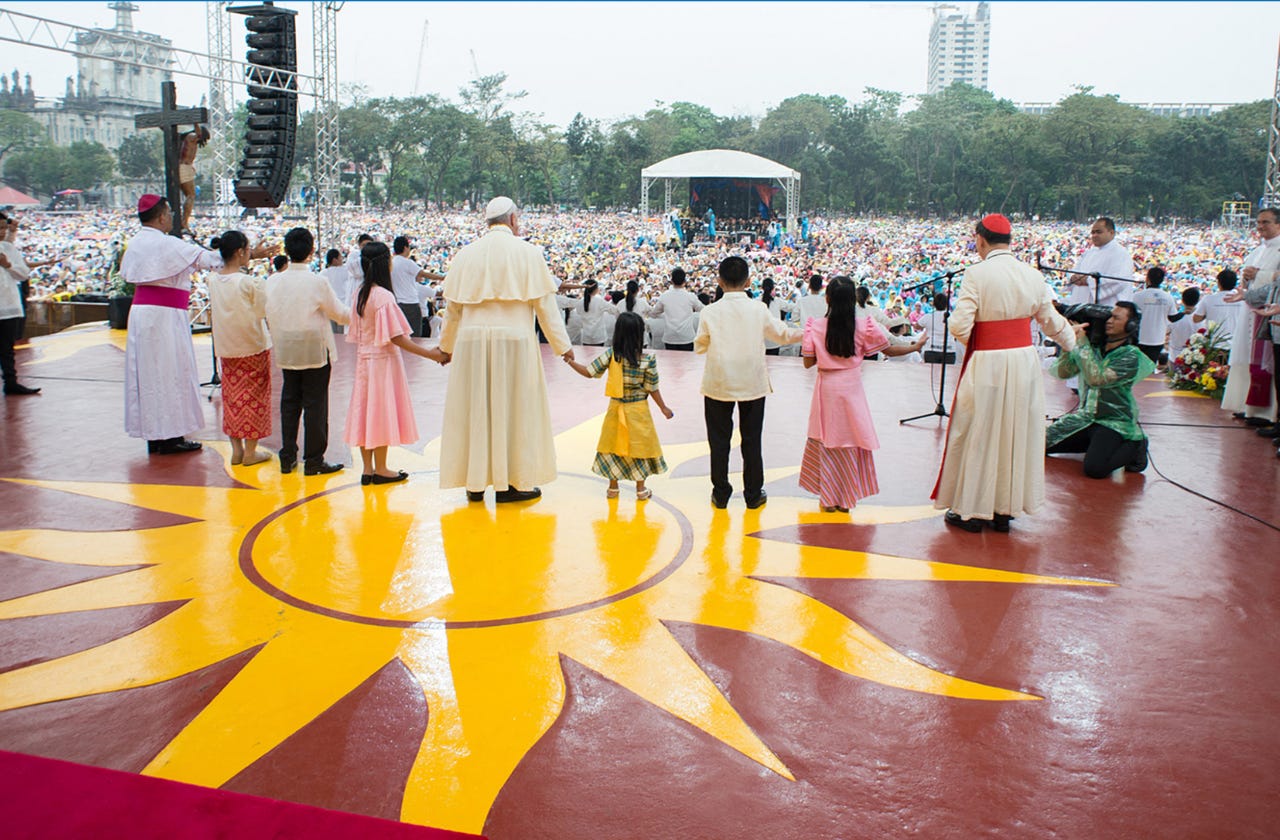
Bayanihan, the ultimate spirit of communal effort and cooperation, lives in almost every corner of the Philippines. Pope Francis often reminded us that, though we may come from different races and nations, we are one connected people and we are all responsible for each other. His plea for global solidarity, environmental stewardship, and caring for the vulnerable felt like a global echo of our local aspirations.
And then there’s pagmamahal sa kapwa or love for others. The heart of it all. It’s how we care for friends and neighbors, how we offer help even when we don’t have much, how we celebrate, mourn, and rise together. Pope Francis showed that same love and affection throughout his papacy, especially for those who felt neglected by the world.
He lived the values we were raised with
Pope Francis was the first Jesuit Pope, a distinction that held particular significance for many. The Jesuits are known for their deep commitment to service, social justice and education — values that speak directly to the Filipino spirit.
In many communities across the country, Jesuit schools and missions have long been pillars of both faith and formation. Pope Francis brought those same ideals to the world stage in the form of humility in leadership, action over words, and a heart for the poor and oppressed.
These are not just Church teachings. They are values people live by, day in and day out, in families, in communities, and in the quiet moments of doing the right thing even when no one is watching
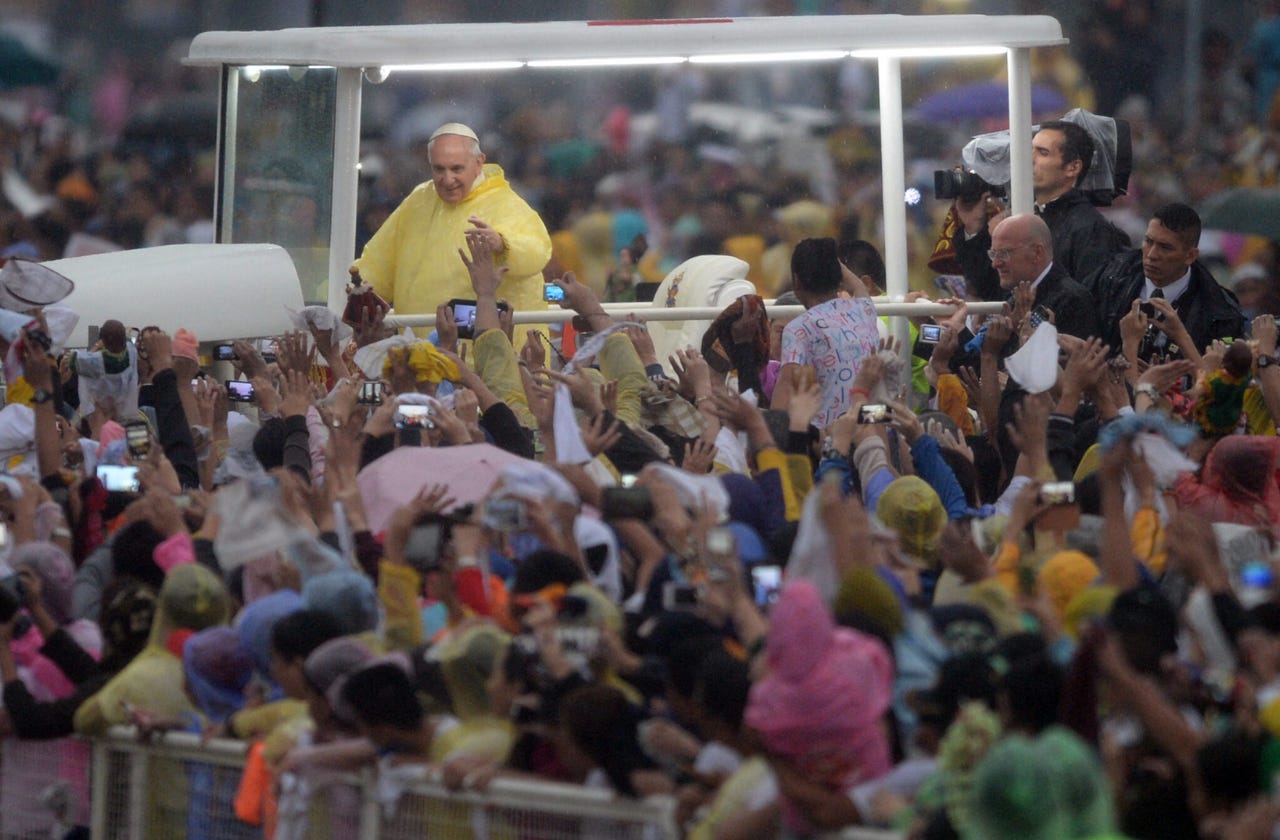
Mourning like a Filipino
As the world says goodbye to Pope Francis, many of us will mourn the Filipino way. We’ll light candles. We’ll offer novena prayers. We’ll walk alone in reflective solitude. We’ll attend Mass not just for tradition, but for love. Some will hang pictures of him on their walls. Others will quietly whisper their thanks.
Many will mourn with sadness but many will also mourn with gratitude. Because even in his absence, his legacy remains. In every act of kindness. In every moment we choose compassion over anger. In every simple, quiet prayer whispered by someone in need of hope.
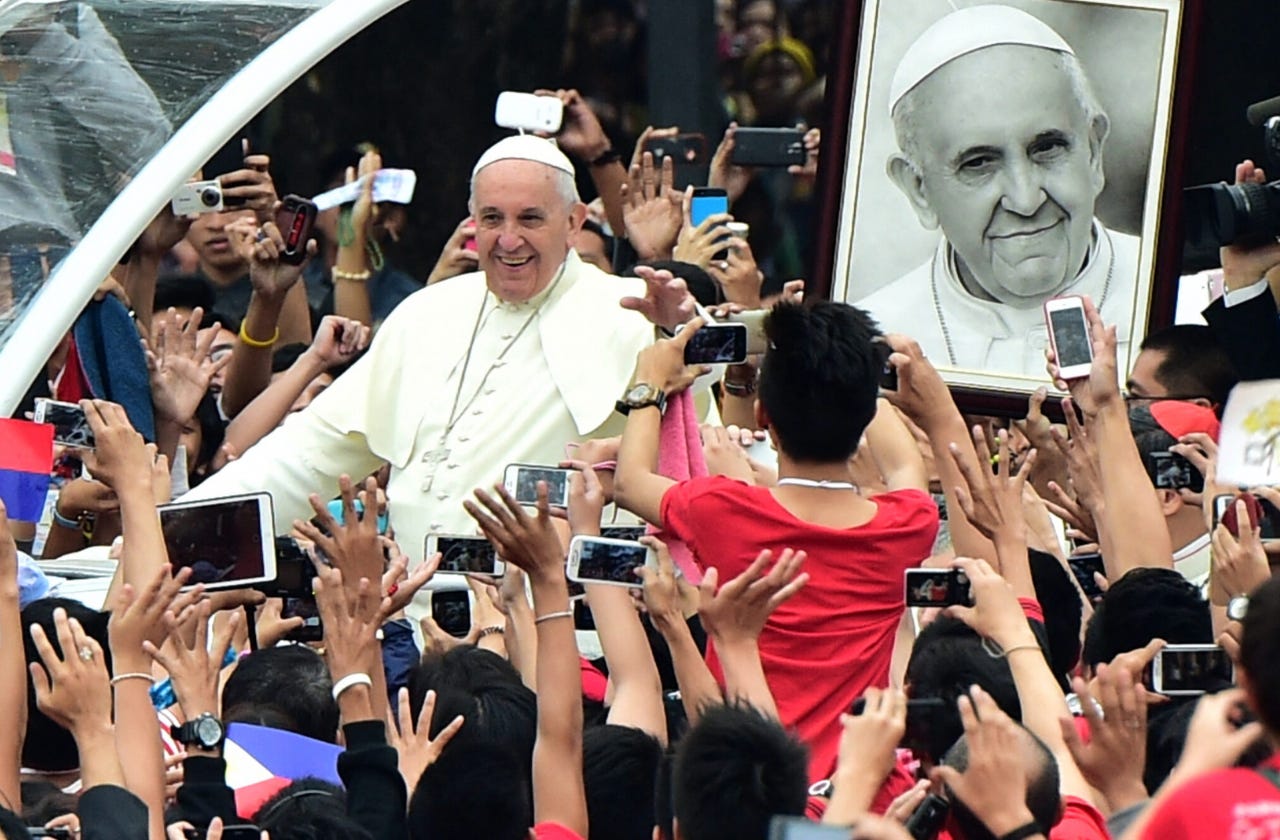
A personal note
There have been five popes in my lifetime but I have known three during my youth and adult life. I don’t know if we’re allowed to have a favorite pope but if we are, then Pope Francis is mine.
Not just for the reasons I mentioned above, but because I genuinely feel connected to him and what he stood for: his progressive values, his enduring humility, his unwavering care for people.
Maybe it’s also because I’m immersed in Jesuit values here in Boston, in constant company of Jesuit priests and friends who often grace our community with their wisdom, warmth, and quiet service.
I wouldn’t even call myself religious in the usual sense of the word. But maybe that’s the thing. You don’t have to be. In the end, maybe you just need to be yourself to feel a real connection to him.
Faith and gratitude
Pope Francis reminded us of what matters most. In doing so, he connected deeply with the Filipino heart. His lasting gift is more than speeches and statements. He lives behind a living example of how to walk humbly, serve joyfully, and love freely.
So, from the streets of Manila to the smallest chapels of the barrios, from families in Batanes to churchgoers in Bicol to faithful communities in the Visayas in Mindanao, we say: Santo Papa, salamat po.





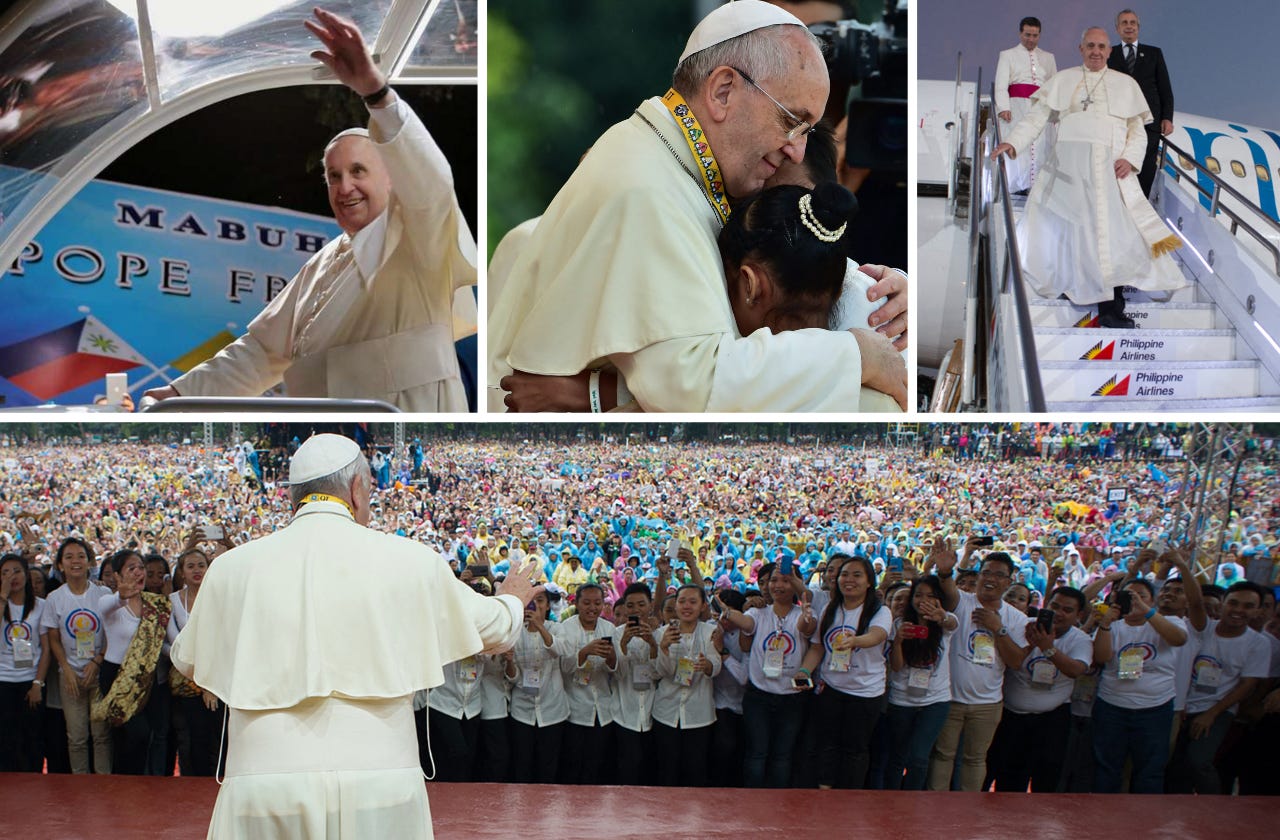
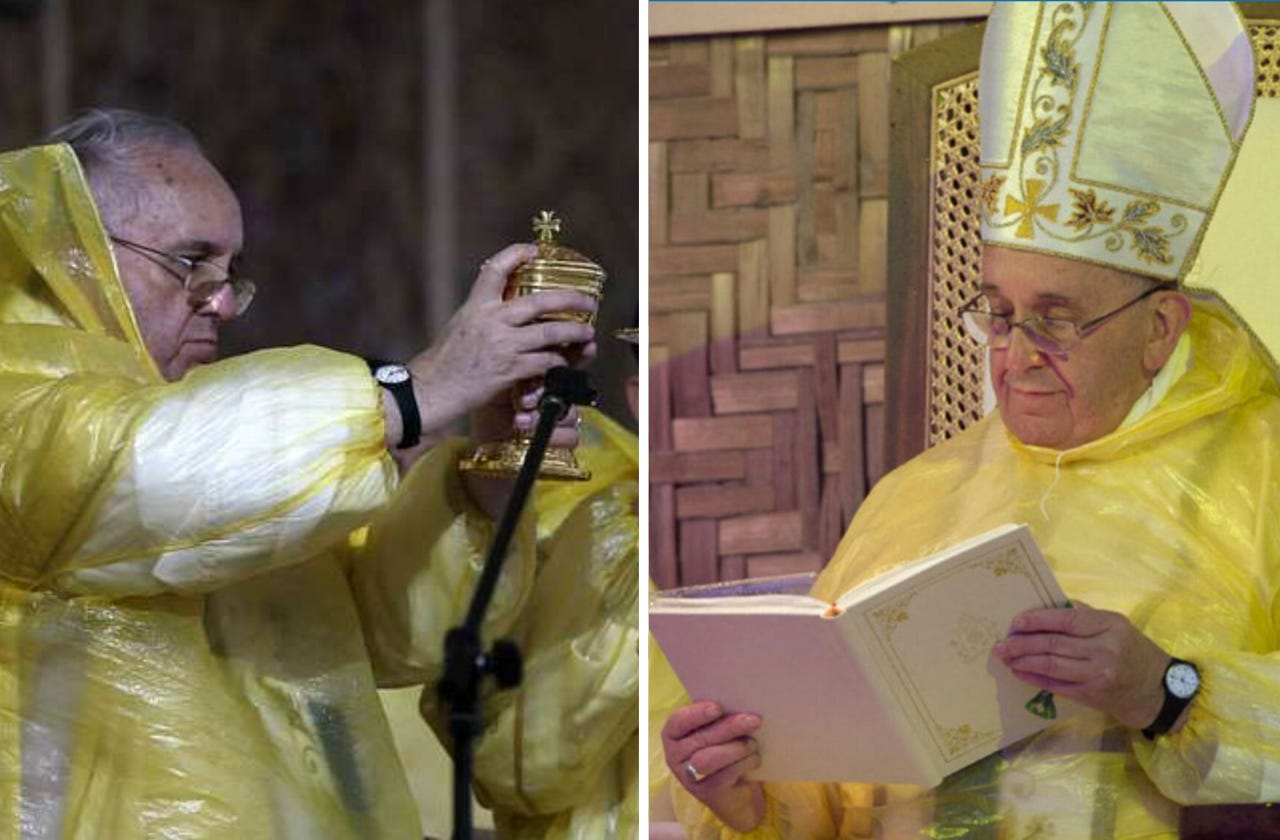
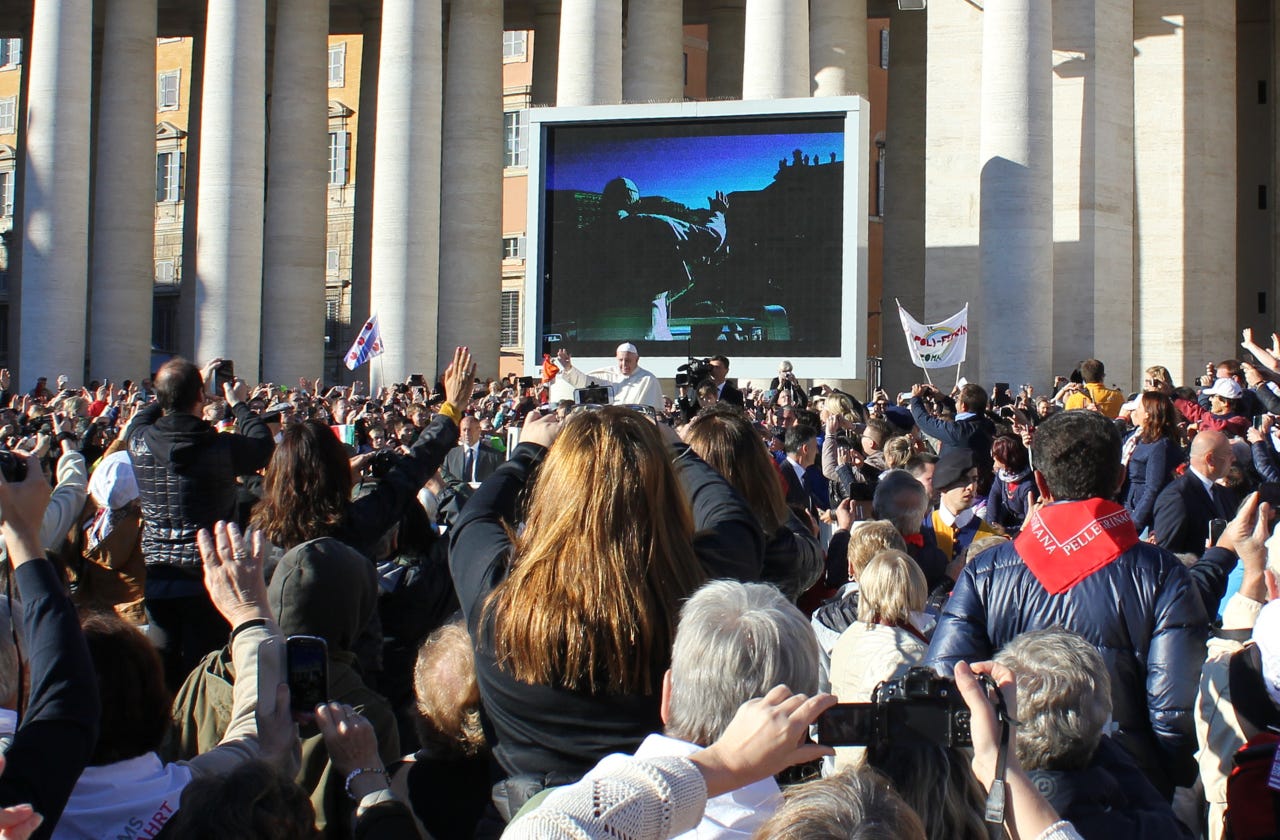
the best pope there ever was 😔 RIP Pope Francis
Wonderfully personal article